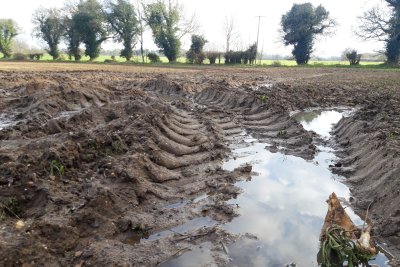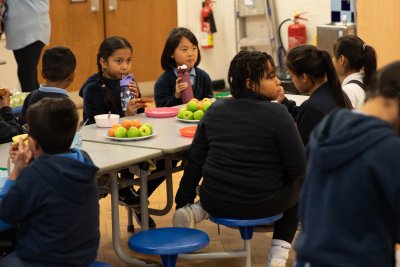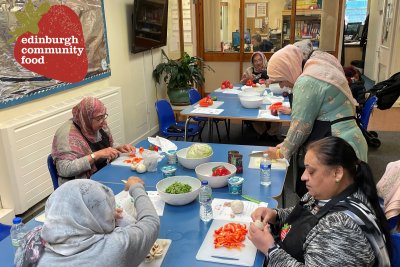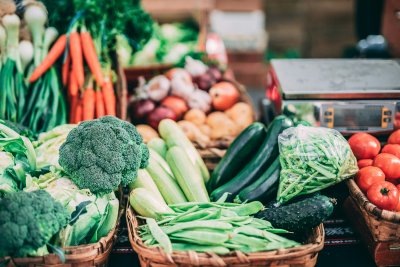Structuring food policy councils for citizen engagement
Food policy councils are widely known and respected tools for instigating political and civil engagement at the city level. And yet, as our recent FoodSHIFT2030 webinar showed, they require constant attention, reflection and innovation in order to stay relevant and effective.

For our seventh FoodSHIFT 2030 webinar, which Sustain produces as part of the wider project, speakers from Berlin, Ghent and Amsterdam came together to discuss how each of their food policy councils balance citizen engagement and political buy-in. One of the conversation’s recurring themes was how to get the structure of a council right in order to facilitate involvement from the community as well as ensure the decision-making process with the city government is transparent.
When thinking back on how the food policy council was originally set up, Lisa Haarhoff of Ernährungsrat Berlin (Berlin Food Policy Council) reflected that it needed to be both more dynamic and diverse. This has led them to adapt a sociocratic model (see webinar recording for detail) which allows more participatory approaches that focus on dialogue, debate and consensus rather than voting.
“What would we do differently if we were to start again? We would pay more attention to structures that better and more effectively enable people to connecter together and get involved. [Our new structure] helps us to be more flexible and react to the current climate.”
Lisa Haarhoff, Ernährungsrat Berlin
From the perspective of Arnold Arnold van der Valk, co-founder of the Amsterdam Food Council, the emphasis has been on shifting from “persons to practice” so that the functions of a council become embedded within the city. While there are many people motivated to transform the industrial food system to make it both more healthy and sustainable, there remains a need for more cooperation among institutions as well as reliable funding to sustain the time commitment that is needed to bring about lasting change.
“The elephant in the room…is funding. We managed to get [the food policy council] going with almost full-time input of labour of two individuals. But you can’t keep the whole machine going with two people.”
Arnold Arnold van der Valk, Amsterdam Food Council
In Ghent it has also taken time for trust to build between citizen collectives and the food council. For Maarten Crivits with Food Policy Council Ghent, he’s found that citizen participation can have a significant and positive impact on the city, but that it requires the council to take up issues that matter to the people. And when there are people who are funded to be involved, it is also important to ensure meaningful ways to participate for non-paid members as well.
“Gather interest around your goals. For instance, if you have a local food strategy with operational goals, do a survey, do interviews with the citizens and entrepreneurs of your city to see what kind of interest is there and use the energy of civil society, the energy that’s already there.”
Maarten Crivits, Food Policy Council Ghent
Some of the key lessons from the discussion were best summarised at the end by our chair Beatrice Walthall from the Leibniz Centre for Agriculture Landscape Research (ZALF), who noted that although councils are still evolving in many cases, they also offer concrete ways for citizens to engage politically and instigate change in the food system.
“It’s a very dynamic field of action. Things are emerging and growing, things are also collapsing because they didn’t work. But overall, we can see some new governance structures and modes emerging.
Communicate about the existence of food policy councils and communicate about the issues. Make people curious, it’s not just a theoretical dry way of lobbying. Food is a really active form of political engagement.”
Beatrice Walthall, Leibniz Centre for Agriculture Landscape Research (ZALF)
Published Monday 11 October 2021
FoodSHIFT 2030: Leading an ambitious citizen-driven transition of the European food system towards a low carbon, circular future.





